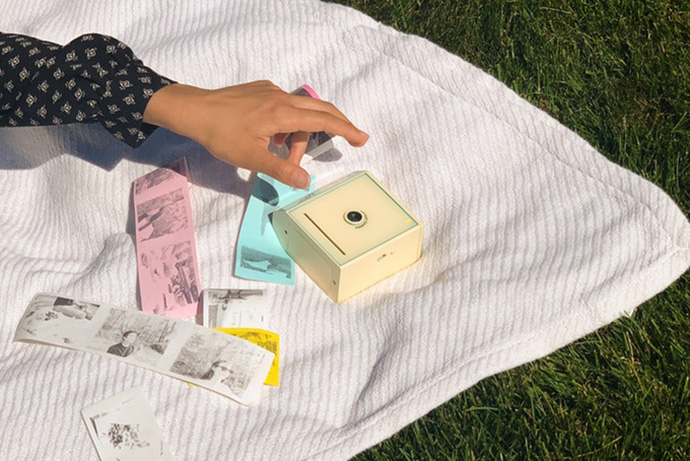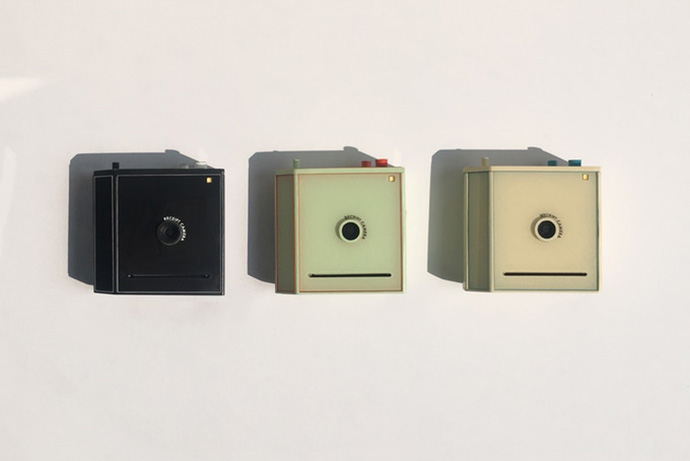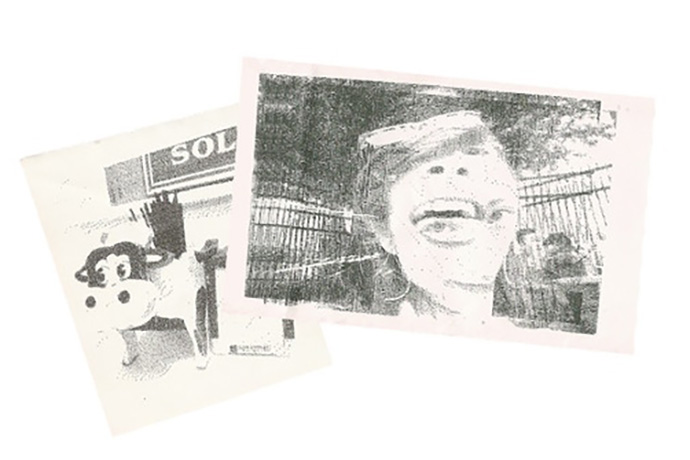The average person probably has a few receipts tucked in their wallet destined for the trash can — or perhaps as potential film for an instant camera. The Alulu camera is an instant camera that uses a thermal receipt printer instead of instant film, spitting out images on old receipts or a new roll of receipt paper.
Rather than spitting out instant film, the Alulu — named after the creator of the first receipt — prints out images on receipt paper using a built-in thermal printer. Like the receipts you probably have tucked in your wallet, the photos are grayscale creations that are actually made up of a bunch of tiny dots.
While the lo-fi receipt images aren’t designed to compete with the quality of a traditional image, what the Alulu images lack in quality, they make up for in affordability. The camera can use a roll of new thermal receipt paper — which can be found on Amazon for about $1 for an entire roll if you buy in bulk — or users can simply feed the camera their old receipts. Like a receipt printer that prints, well, receipts, the printer inside uses heat to generate the image, which means there’s no ink required, just the paper.

The Alulu camera keeps controls simple with four different shooting modes — sunny, cloudy, indoor, and flash — along with a self-timer. The viewfinder is simply a piece of acrylic that unfolds from the side of the camera to frame up a rough estimate of what the camera will capture. By re-winding the paper, the camera can also capture double exposures. A built-in battery is recharged via USB.
Besides getting a roll of images for $1, the Michigan-based creators of Alulu say the camera is also environmentally friendly. Besides reusing receipts that can’t be recycled, the camera uses fewer materials than instant film or digital Zink instant cameras, along with using no animal byproducts.
Created by a small team consisting of two mechanical and software engineers and an industrial designer, the Alulu is launching on Kickstarter to fund manufacturing. The group is aiming for a $300,000 goal with a campaign ending on August 15. If the campaign and manufacturing is successful, early backers could pick up the camera for $89, with shipping expected in December 2020. The expected retail price for the camera is $99.






